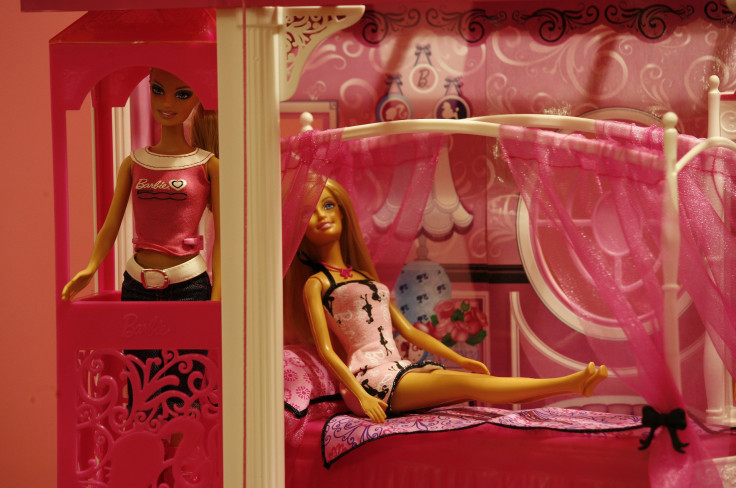Mattel Gives Barbie A China-Friendly Makeover: Now Equipped With Violin, And Cheaper Price Tag

Barbie is getting a makeover! No, Mattel isn’t changing the notoriously unrealistic proportions of “America’s favorite doll.” The toy giant is giving her an educational upgrade for the Chinese market.
According to a report by the Wall Street Journal, Mattel Inc. (NASDAQ:MAT) is rolling out a series of dolls specifically marketed to Chinese consumers, which means targeting the pursestrings of China’s so-called Tiger parents, moms and dads focused on educational success and extracurricular activities that will enhance a child’s individual education in the long run. Mattel wants Chinese children to have a doll that emulates what their parents want, but with the signature Barbie flair. Some of Mattel’s new offerings include the “Violin Soloist” Barbie, still with blond hair, blue eyes and a cinched waist, but the box set comes fully accessorized with a violin, bow and sheet music.
Violin Soloist Barbie was made to attract parents, or in the case of Luo Chongzong, win over parents who see the Barbie doll as a waste of time. Her 9-year-old daughter Yang Siqi had been eyeing a “Fashion Design” Barbie set, which cost 369 yuan, about $61, on a recent trip to a Beijing Wal-Mart, and Luo decided to buy it for her. But Luo isn't too keen on the purchase. “[My daughter] loves those dolls, but ... they distract her from her studies,” 33-year old Luo said in the report. “She’ll spend hours braiding her hair, dressing and undressing her,” she added.
While throwing in a miniature violin won’t make a toy educational, the world’s largest toymaker in terms of sales is hoping that an appeal to the government about the benefits of playtime will help. Earlier this week, executives with Mattel had educational experts present the educational benefits of playtime to leaders of the central government’s Ministry of Education and Ministry of Culture. “If they allow for more play [in schools], half our marketing is done,” Peter Broegger, Mattel’s Asia Pacific senior vice president told the Wall Street Journal. Right now, “joy and learning are like oil and water in China”: they don’t mix, Broegger said. But the company is trying to change that.
While Barbie’s prospects in China look more promising lately, the road to profitability and appropriate marketing hasn’t been as easy as cruising in Barbie’s Dream Car. Back in March of 2011, Mattel was forced to close its six-story Shanghai Barbie flagship store, which featured a spa, a cosmetics counters and even a cocktail bar.
According to Helen Wang, a consultant and author, Mattel’s mishaps came from entering the market without any preparation: “Without establishing Barbie as a new cultural icon in China, Mattel set itself up for failure.” But Broegger says that the company has learned from its mistakes in the region, one of which is pricing. While China’s middle class is growing and has an increasing amount of expendable income, many can’t justify paying the equivalent of $60 for a doll. In China, “Violin Soloist” Barbie reportedly costs only 79 yuan, which is about $13, compared to the international version, which runs $30.
© Copyright IBTimes 2024. All rights reserved.





















